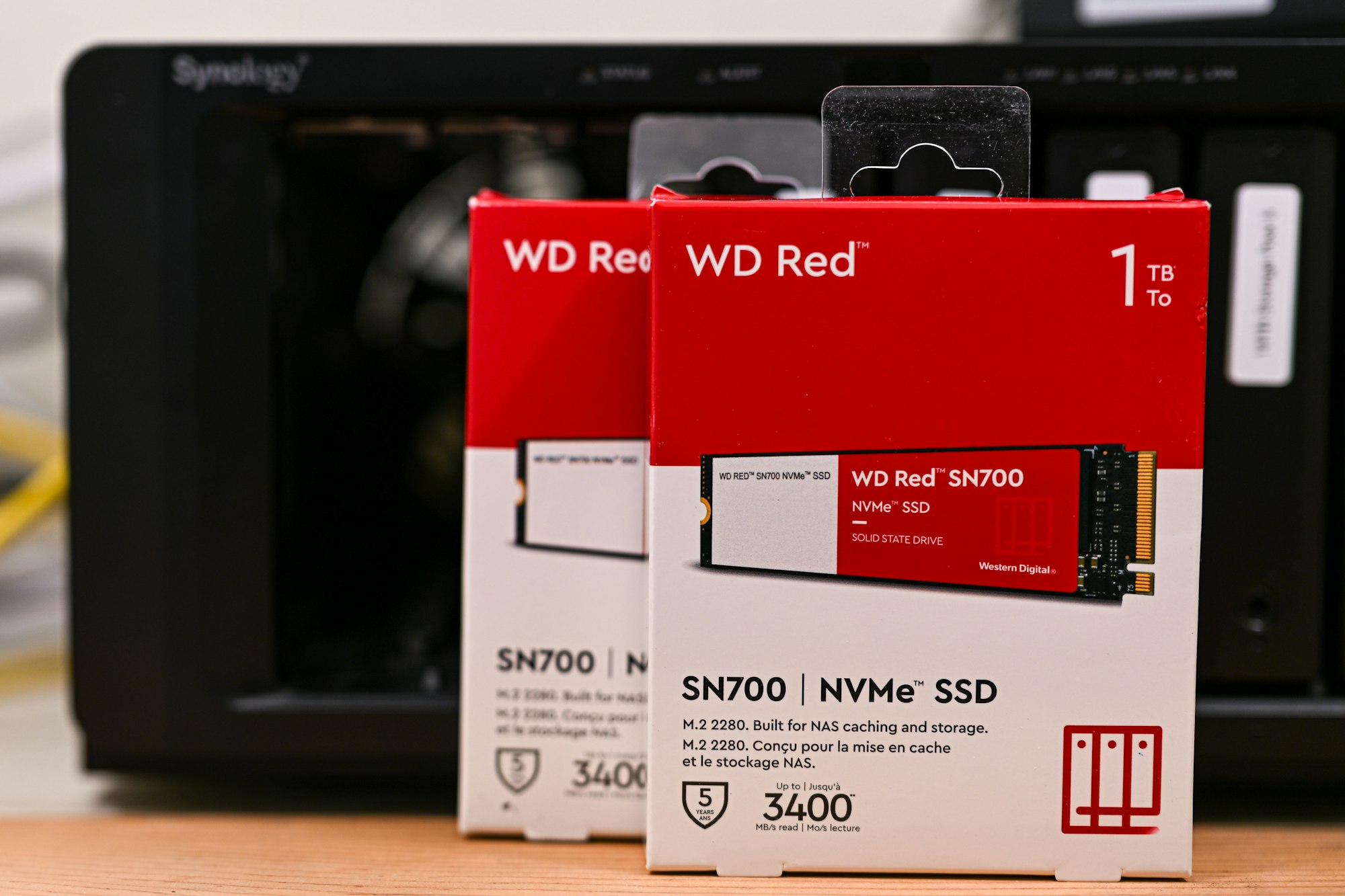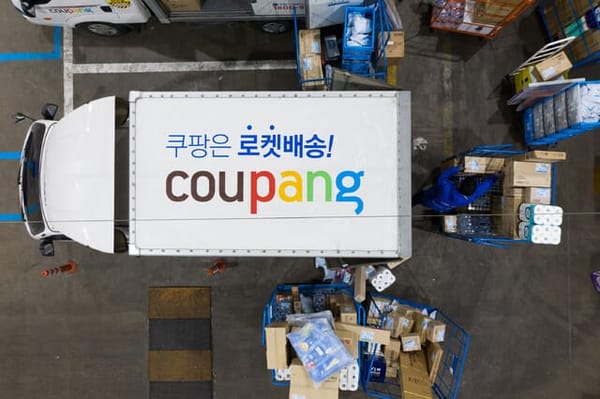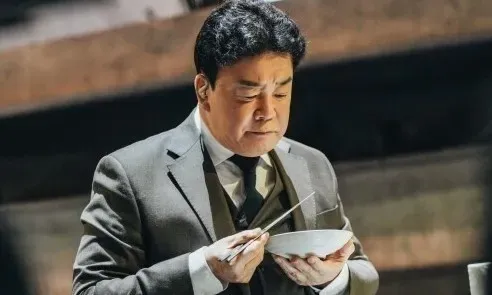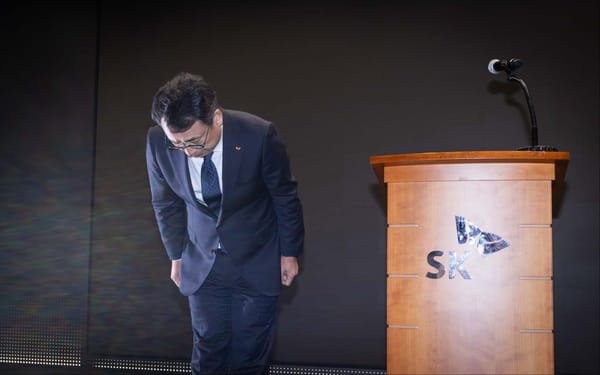Credit: Public domain.
In 2021, California-based Western Digital, the world’s third-largest manufacturer of NAND flash memory chips, initiated talks with Japan’s Kioxia, the fourth-largest manufacturer, about a possible merger. The deal fell apart in October 2023 over opposition from South Korea’s SK Hynix SK하이닉스, which in 2017 invested KRW 4t (USD 3b) to join a consortium led by Bain Capital that acquired 49.9% of Kioxia, in a deal giving SK Hynix the option to acquire up to 15% of Kioxia.
SK Hynix opposed the Western Digital-Kioxia merger, as the resulting company would have leapfrogged it to become the second-largest memory chip producer in the world, controlling nearly one-third of the global market. But it appears that Western Digital and Kioxia are trying again. According to Japan’s Asahi Shimbun, the two companies will restart the merger talks in April, with Bain Capital attempting to persuade SK Hynix to change its position.
Given the increasing geopolitical implications of memory chip production, the potential Western Digital-Kioxia merger is seen also as a matter of national security by both Japan and the United States. Asahi reported that US Commerce Secretary Gina Raimondo and Japan’s then-Economy Minister Yasutoshi Nishimura attempted to pressure SK Hynix to approve the merger last year, to no avail. The Yoon Suk-yeol 윤석열 administration, whose Japan policy has been a litany of capitulation, may also join the pressure campaign against SK Hynix. (See previous coverage, “Seoul’s Capitulation to Japan.”)








